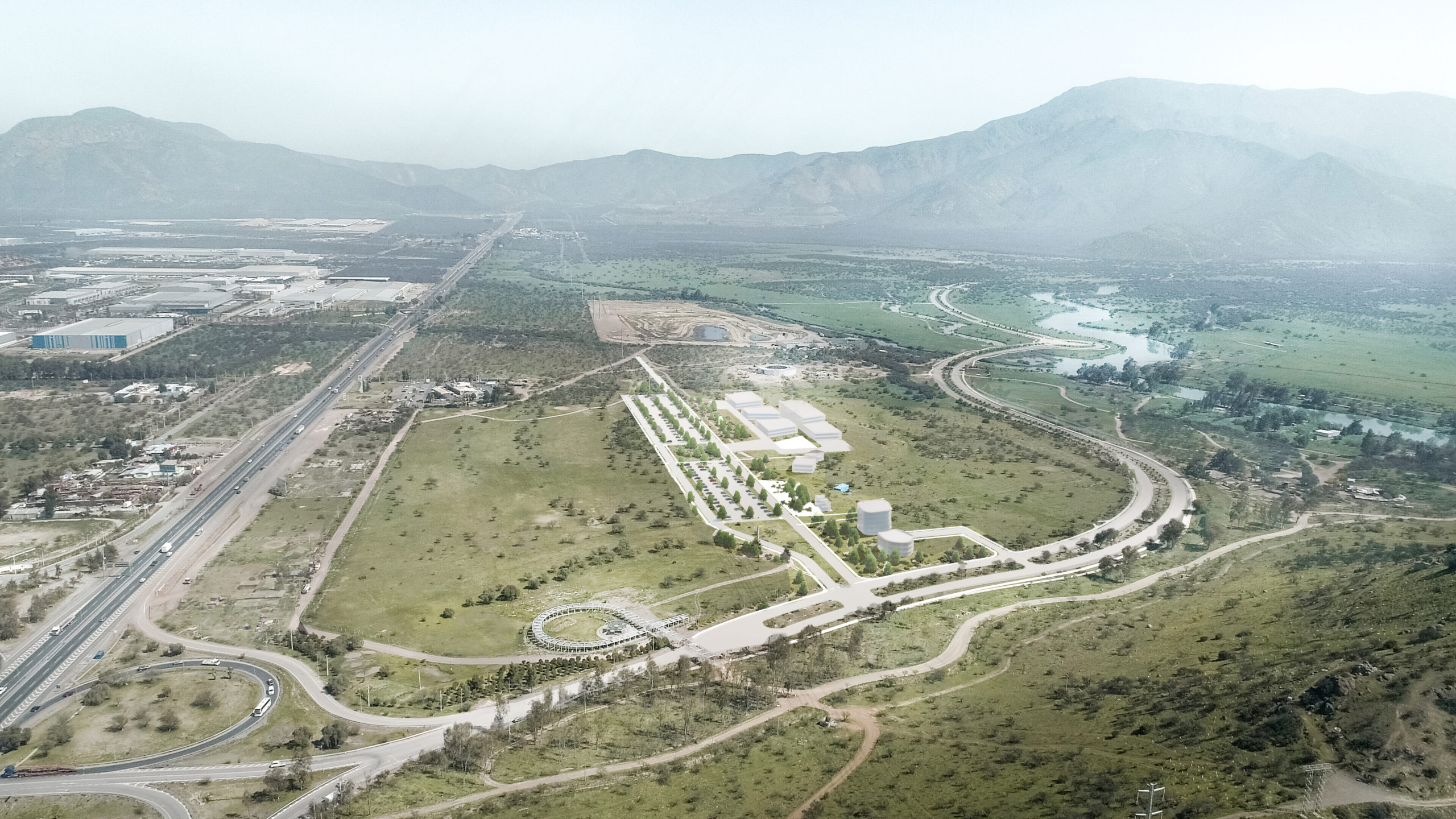RIO DE JANEIRO, BRAZIL – After domestic vaccine production was stopped in 2002, Chile intends to restart local production shortly.

Chilean authorities expect to begin the construction of an ambitious project in September that will enable the local development of coronavirus vaccines and biological products, with national and international assistance.
The construction of the Biological and Vaccine Production Center was announced during the opening of the academic year at the University of Chile, where the institution’s rector, Ennio Vivaldi, announced new information on the project, to be located in the Carén Park, in Santiago’s Pudahuel district.
According to Vivaldi, the technology transfer and plant design process began in recent days, and he announced that construction is expected to begin in late September.
“Currently, the University of Chile is developing a Biological and Vaccine Production Center, where academics will work jointly with national and European companies, with which the process of technology transfer and plant design has already begun, which will have the highest international standards in technological platforms predominant in the future,” Vivaldi said.
In January this year, the first step towards achieving the long-awaited project was taken when the University of Chile signed an agreement with the Industrial Association of Pharmaceutical Laboratories (Asilfa) to develop vaccines and biological products locally.
The plan to resume vaccine production in Chilean territory was proposed last year. The vaccine manufacturing industry was suspended in early 2002, and the argument for discontinuing the vaccine production center at the time was based on the fact that it was cheaper to buy vaccines than to produce them locally.
In March this year, the University of Chile, the Catholic University and the University of Antofagasta signed a cooperation agreement to initiate a project aimed at creating a network of research and development centers to promote the manufacture of vaccines in the country.
Universidad Católica and its project with Sinovac
The race for Chilean vaccines is on. In recent days, the Catholic University of Chile (PUC) announced that it is preparing to work with Chinese scientists, who would cooperate in the installation of another production center in the outskirts of Santiago, or in another part of the country, to supply Latin American demand.
According to the Catholic University’s rector, Ignacio Sanchez, “the Sinovac Biotech laboratory intends to establish a vaccine manufacturing plant in Latin America and has decided that our country could be a very good place.” As a result, the university and the laboratory will work jointly “from a scientific and research standpoint, as well as in laboratory work.”
The university will focus on coordinating and facilitating the visit of Chinese scientists from Sinovac, who will provide the first instructions for the installation of a vaccine production center. Furthermore, the laboratory’s work in the country would not only focus on the development of the coronavirus vaccine, but also on other vaccines created by the pharmaceutical company, such as the influenza and hepatitis vaccines.
The Catholic University, together with the Millennium Institute of Immunology and Immunotherapy (IMII), were the first to arrange the delivery of the Sinovac vaccine to Chile, which led to the start of the first clinical trials mid last year.
What is the “Chilean vaccine”?
Dr. Alexis Kalergis, academic of the Faculty of Biological Sciences of the Catholic University, and director of the Millennium Institute of Immunology and Immunotherapy, said that the “Chilean vaccine” against the coronavirus is currently approved in its first trial phase. It is estimated that the clinical phase should begin in 2021.
In addition, Kalergis pointed out that “unlike those developed in different places, this vaccine is designed to be used from birth. In other words, it produces immunity against SARS-Cov-2 from the first day of life.”
Source: infobae

